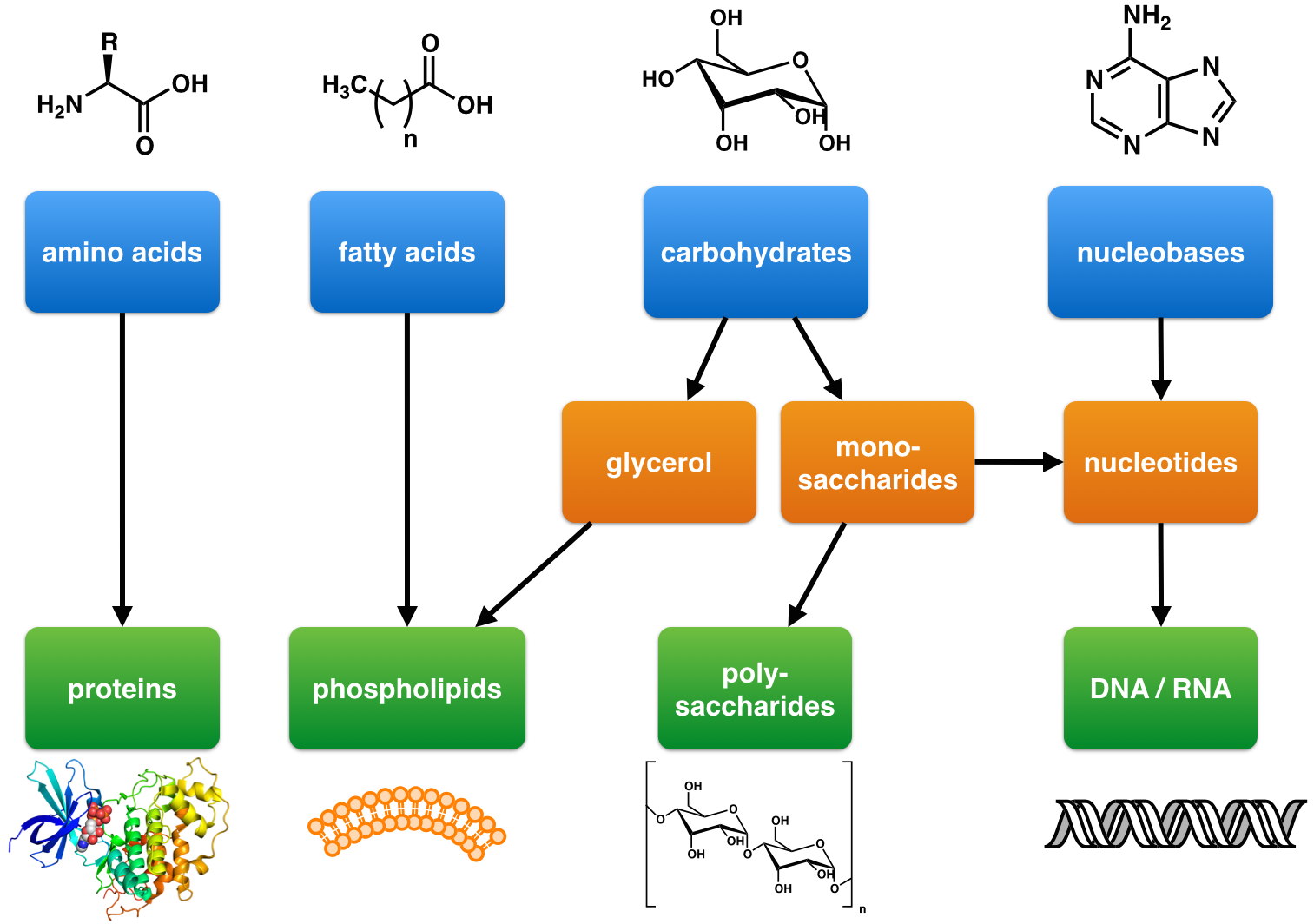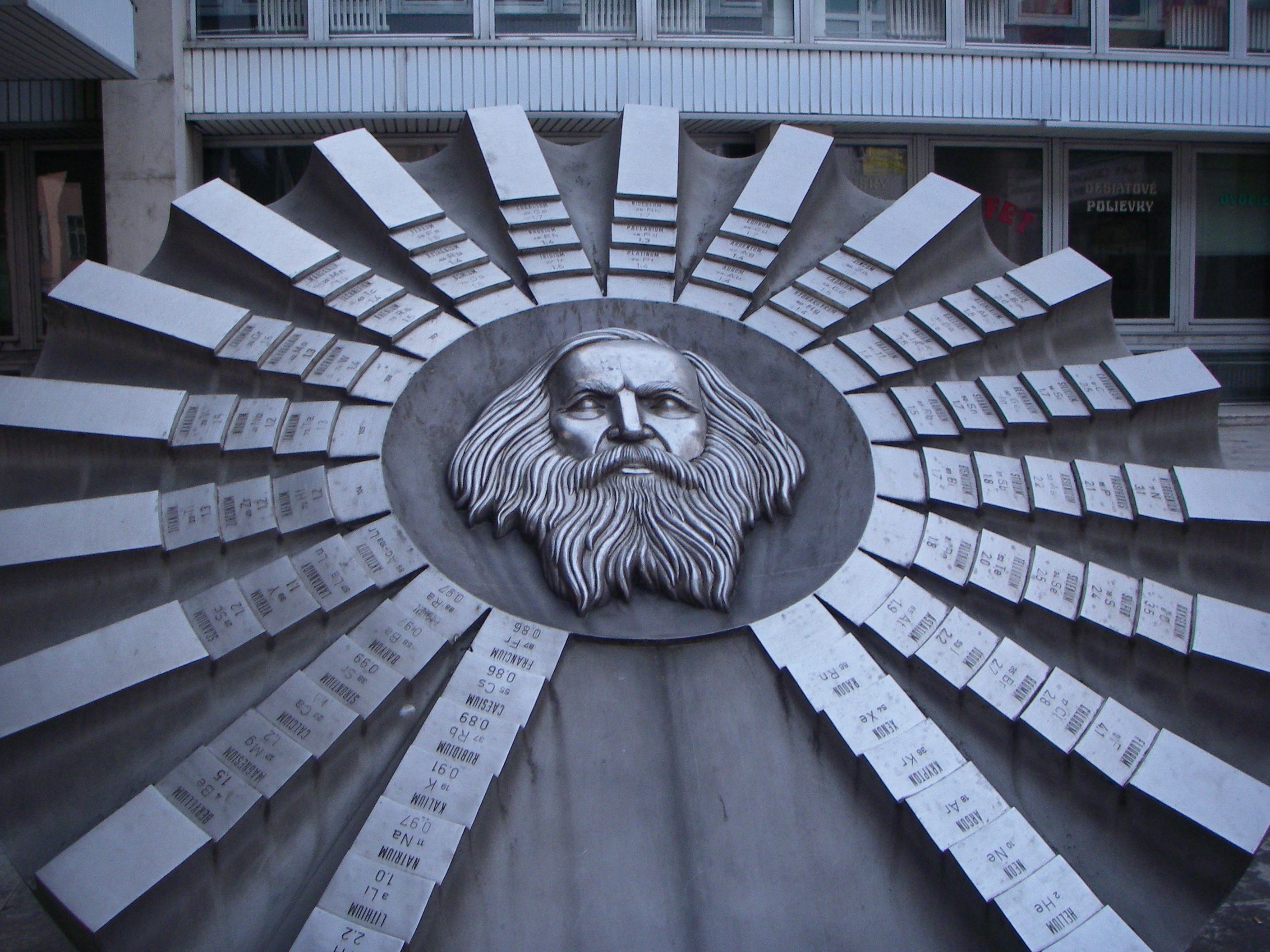|
Igor Torgov
Igor Vladimirovich Torgov (russian: Игорь Владимирович Торгов) (15 February ( O.S. 2 February) 1912, Kazan - 2007) was a Soviet chemist and a corresponding member of the Soviet Academy of Sciences (1972). Ivan Torgov graduated from Kazan Institute of Chemical Engineering in 1937 and then worked at a factory lab until 1939. In 1939-1959, he was employed at the Institute of Organic Chemistry of the Soviet Academy of Sciences. In 1959, Ivan Torgov was appointed head of steroid chemistry lab at the Institute of Natural Compounds Chemistry of the Soviet Academy of Sciences (today's Shemyakin Institute of Bioorganic Chemistry). Ivan Torgov's principal works are dedicated to the chemistry of natural compound A natural product is a natural compound or substance produced by a living organism—that is, found in nature. In the broadest sense, natural products include any substance produced by life. Natural products can also be prepared by chemical syn ... ... [...More Info...] [...Related Items...] OR: [Wikipedia] [Google] [Baidu] |
Old Style
Old Style (O.S.) and New Style (N.S.) indicate dating systems before and after a calendar change, respectively. Usually, this is the change from the Julian calendar to the Gregorian calendar as enacted in various European countries between 1582 and 1923. In England, Wales, Ireland and Britain's American colonies, there were two calendar changes, both in 1752. The first adjusted the start of a new year from Lady Day (25 March) to 1 January (which Scotland had done from 1600), while the second discarded the Julian calendar in favour of the Gregorian calendar, removing 11 days from the September 1752 calendar to do so.Spathaky, MikOld Style and New Style Dates and the change to the Gregorian Calendar "Before 1752, parish registers, in addition to a new year heading after 24th March showing, for example '1733', had another heading at the end of the following December indicating '1733/4'. This showed where the Historical Year 1734 started even though the Civil Year 1733 continued ... [...More Info...] [...Related Items...] OR: [Wikipedia] [Google] [Baidu] |
Natural Compound
A natural product is a natural compound or substance produced by a living organism—that is, found in nature. In the broadest sense, natural products include any substance produced by life. Natural products can also be prepared by chemical synthesis (both semisynthesis and total synthesis) and have played a central role in the development of the field of organic chemistry by providing challenging synthetic targets. The term natural product has also been extended for commercial purposes to refer to cosmetics, dietary supplements, and foods produced from natural sources without added artificial ingredients. Within the field of organic chemistry, the definition of natural products is usually restricted to organic compounds isolated from natural sources that are produced by the pathways of primary or secondary metabolism. Within the field of medicinal chemistry, the definition is often further restricted to secondary metabolites. Secondary metabolites (or specialized metabo ... [...More Info...] [...Related Items...] OR: [Wikipedia] [Google] [Baidu] |
Scientists From Kazan
A scientist is a person who conducts scientific research to advance knowledge in an area of the natural sciences. In classical antiquity, there was no real ancient analog of a modern scientist. Instead, philosophers engaged in the philosophical study of nature called natural philosophy, a precursor of natural science. Though Thales (circa 624-545 BC) was arguably the first scientist for describing how cosmic events may be seen as natural, not necessarily caused by gods,Frank N. Magill''The Ancient World: Dictionary of World Biography'', Volume 1 Routledge, 2003 it was not until the 19th century that the term ''scientist'' came into regular use after it was coined by the theologian, philosopher, and historian of science William Whewell in 1833. In modern times, many scientists have advanced degrees in an area of science and pursue careers in various sectors of the economy such as academia, industry, government, and nonprofit environments.'''' History The ... [...More Info...] [...Related Items...] OR: [Wikipedia] [Google] [Baidu] |
Soviet Chemists
This list of Russian chemists includes the famous chemists and material scientists of the Russian Federation, the Soviet Union, the Russian Empire and other predecessor states of Russia. Alphabetical list __NOTOC__ A * Aleksandr Arbuzov, discovered Arbuzov reaction. B * Alexander Baykov, an academician of the USSR Academy of Sciences. *Ernest Beaux, inventor of Chanel No. 5, ''"the world's most legendary fragrance"'' *Nikolay Beketov, inventor of aluminothermy, a founder of physical chemistry * Friedrich Konrad Beilstein, proposed the Beilstein test for the detection of halogens, author of the Beilstein database in organic chemistry * Boris Belousov, chemist and biophysicist, discoverer of Belousov–Zhabotinsky reaction, a classical example of non-equilibrium thermodynamics *Alexander Borodin, chemist and composer, the author of the famous opera ''Prince Igor'', discovered Borodin reaction, co-discovered Aldol reaction * Aleksandr Butlerov, discovered hexamine, for ... [...More Info...] [...Related Items...] OR: [Wikipedia] [Google] [Baidu] |
1912 Births
Year 191 ( CXCI) was a common year starting on Friday (link will display the full calendar) of the Julian calendar. At the time, it was known as the Year of the Consulship of Apronianus and Bradua (or, less frequently, year 944 ''Ab urbe condita''). The denomination 191 for this year has been used since the early medieval period, when the Anno Domini calendar era became the prevalent method in Europe for naming years. Events By place Parthia * King Vologases IV of Parthia dies after a 44-year reign, and is succeeded by his son Vologases V. China * A coalition of Chinese warlords from the east of Hangu Pass launches a punitive campaign against the warlord Dong Zhuo, who seized control of the central government in 189, and held the figurehead Emperor Xian hostage. After suffering some defeats against the coalition forces, Dong Zhuo forcefully relocates the imperial capital from Luoyang to Chang'an. Before leaving, Dong Zhuo orders his troops to loot the tombs o ... [...More Info...] [...Related Items...] OR: [Wikipedia] [Google] [Baidu] |
Order Of The Red Banner Of Labour
The Order of the Red Banner of Labour (russian: Орден Трудового Красного Знамени, translit=Orden Trudovogo Krasnogo Znameni) was an order of the Soviet Union established to honour great deeds and services to the Soviet state and society in the fields of production, science, culture, literature, the arts, education, health, social and other spheres of labour activities. It is the labour counterpart of the military Order of the Red Banner. A few institutions and factories, being the pride of Soviet Union, also received the order. The Order of the Red Banner of Labour was the third-highest civil award in the Soviet Union, after the Order of Lenin and the Order of the October Revolution. The Order of the Red Banner of Labour began solely as an award of the Russian SFSR on December 28, 1920. The all-Union equivalent was established by Decree of the Presidium of the Supreme Soviet on September 7, 1928, and approved by another decree on September 15, ... [...More Info...] [...Related Items...] OR: [Wikipedia] [Google] [Baidu] |
Steroid Hormones
A steroid hormone is a steroid that acts as a hormone. Steroid hormones can be grouped into two classes: corticosteroids (typically made in the adrenal cortex, hence ''cortico-'') and sex steroids (typically made in the gonads or placenta). Within those two classes are five types according to the receptors to which they bind: glucocorticoids and mineralocorticoids (both corticosteroids) and androgens, estrogens, and progestogens (sex steroids). Vitamin D derivatives are a sixth closely related hormone system with homologous receptors. They have some of the characteristics of true steroids as receptor ligands. Steroid hormones help control metabolism, inflammation, immune functions, salt and water balance, development of sexual characteristics, and the ability to withstand injury and illness. The term steroid describes both hormones produced by the body and artificially produced medications that duplicate the action for the naturally occurring steroids. Synthesis The ... [...More Info...] [...Related Items...] OR: [Wikipedia] [Google] [Baidu] |
Kazan
Kazan ( ; rus, Казань, p=kɐˈzanʲ; tt-Cyrl, Казан, ''Qazan'', IPA: ɑzan is the capital and largest city of the Republic of Tatarstan in Russia. The city lies at the confluence of the Volga and the Kazanka rivers, covering an area of , with a population of over 1.2 million residents, up to roughly 1.6 million residents in the urban agglomeration. Kazan is the fifth-largest city in Russia, and the most populous city on the Volga, as well as the Volga Federal District. Kazan became the capital of the Khanate of Kazan and was conquered by Ivan the Terrible in the 16th century, becoming a part of Russia. The city was seized and largely destroyed during Pugachev's Rebellion of 1773–1775, but was later rebuilt during the reign of Catherine the Great. In the following centuries, Kazan grew to become a major industrial, cultural and religious centre of Russia. In 1920, after the Russian SFSR became a part of the Soviet Union, Kazan became the capital of the ... [...More Info...] [...Related Items...] OR: [Wikipedia] [Google] [Baidu] |
Institute Of Natural Compounds Chemistry
An institute is an organisational body created for a certain purpose. They are often research organisations ( research institutes) created to do research on specific topics, or can also be a professional body. In some countries, institutes can be part of a university or other institutions of higher education, either as a group of departments or an autonomous educational institution without a traditional university status such as a "university institute" (see Institute of Technology). In some countries, such as South Korea and India, private schools are sometimes referred to as institutes, and in Spain, secondary schools are referred to as institutes. Historically, in some countries institutes were educational units imparting vocational training and often incorporating libraries, also known as mechanics' institutes. The word "institute" comes from a Latin word ''institutum'' meaning "facility" or "habit"; from ''instituere'' meaning "build", "create", "raise" or "edu ... [...More Info...] [...Related Items...] OR: [Wikipedia] [Google] [Baidu] |
Steroid
A steroid is a biologically active organic compound with four rings arranged in a specific molecular configuration. Steroids have two principal biological functions: as important components of cell membranes that alter membrane fluidity; and as signaling molecules. Hundreds of steroids are found in plants, animals and fungi. All steroids are manufactured in cells from the sterols lanosterol ( opisthokonts) or cycloartenol (plants). Lanosterol and cycloartenol are derived from the cyclization of the triterpene squalene. The steroid core structure is typically composed of seventeen carbon atoms, bonded in four " fused" rings: three six-member cyclohexane rings (rings A, B and C in the first illustration) and one five-member cyclopentane ring (the D ring). Steroids vary by the functional groups attached to this four-ring core and by the oxidation state of the rings. Sterols are forms of steroids with a hydroxy group at position three and a skeleton derived from cho ... [...More Info...] [...Related Items...] OR: [Wikipedia] [Google] [Baidu] |






